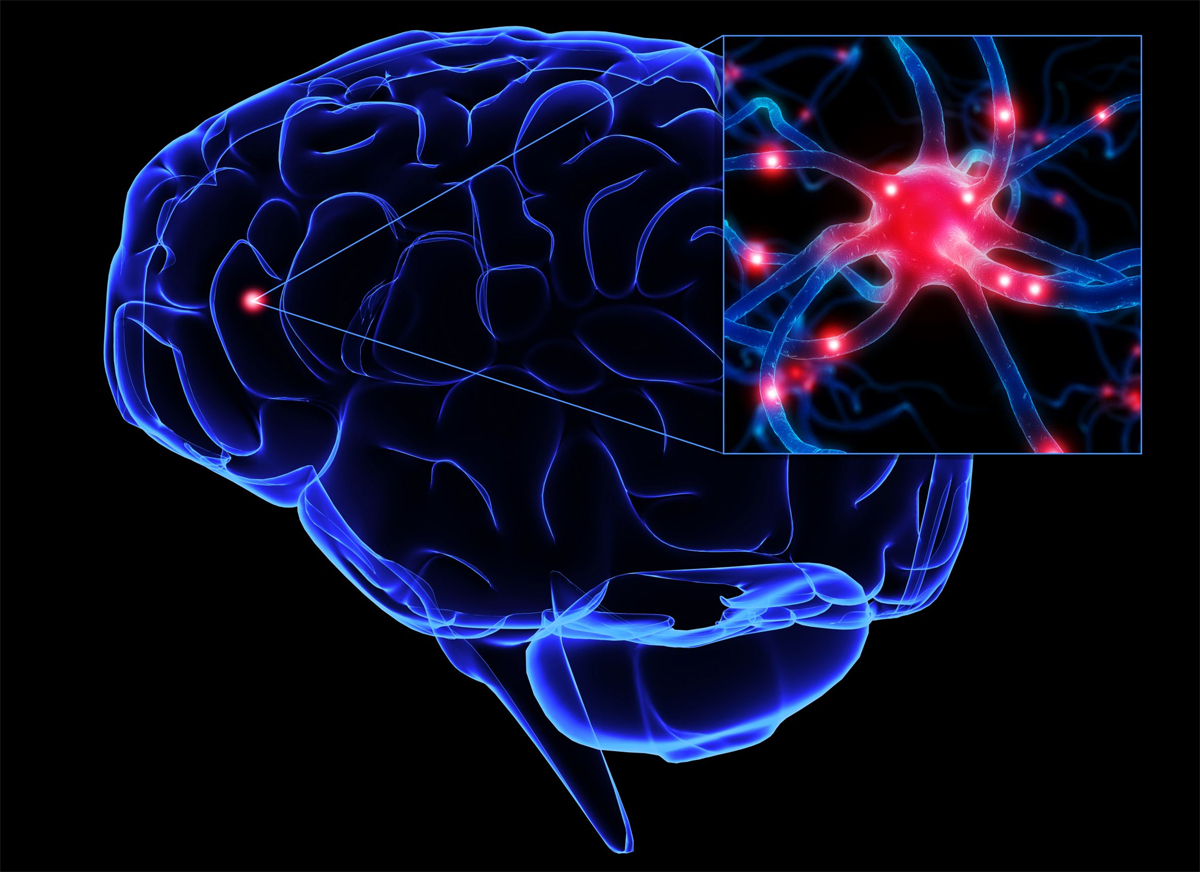The Neuroscience of Memory
This series is fully booked. You can only register for a stand by list.
Roman senator Marcus Cicero used a mental 'memory palace’ to memorize the details and discourse of his hour-long public speeches.
In the 1950s, Henry Molaison underwent experimental brain surgery to remove the hippocampus and related structures in an attempt to alleviate severe epileptic seizures. While the treatment was successful, it left him with a severe side-effect: he was not able to form new memories.
In 2014, three prominent neuroscientists received the Nobel Prize for their work on the brain's navigational system that includes the hippocampus.
These three ‘stories’ are associated to how the brain forms, stores and retrieves memories. Neuroscience studies of the last decades have converged onto a view of memory in the brain that centers on the hippocampus, a structure located deep within the brain, and its communication with many other brain parts.
How are these stories interconnected? What does a neuroscience perspective of memory add to our understanding and appreciation of human memory? And how does it address more applied or societal questions about memory?
In this series, Van de Ven discusses these and other questions related to the neuroscience of memory formation. Further, he will show some of the frontline scientific paradigms that are currently used to not only locate memories in the brain, but also manipulate them in order to enhance desired memories, erase unwanted memories or possibly create new ones.
Extra information
Start
12 January
Dates
12, 19 January, 2, 16 February
Costs for the whole series
UM Students €8 / UM employees and students from other schools €20 / Others €40
Reservations
sg-lectures@maastrichtuniversity.nl
About the lecturer
Vincent van de Ven, PhD, Assistant Professor of Psychology, UM

The individual lectures
1. The Psychology of Memory (12 Jan)
2. Memories are Made of These – How the Neuron Works (19 Jan)
3. Hippocampus and Related Structures (2 Feb)
4. Manipulating Memories (16 Feb)